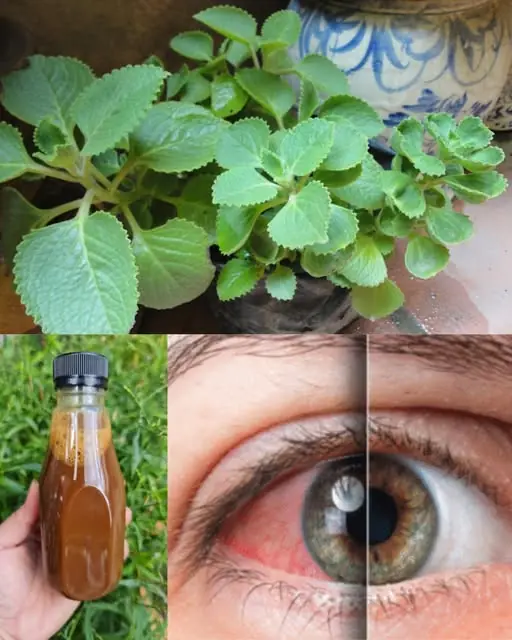
My ear feels clogged all the time, but nothing comes out. No wax of fluid. Doctor appt is far away. What could this be?
Experiencing a sensation of a clogged ear can be both frustrating and worrisome, especially when no visible cause like earwax or fluid is present. This uncomfortable feeling of fullness or pressure in the ear can affect hearing, disrupt daily activities, and create anxiety about potential underlying health issues. Understanding the possible causes behind this sensation is important, particularly if your doctor’s appointment is still some time away.
In this article, we will explore the various reasons why your ear might feel clogged even when there is no wax or fluid. We will cover common conditions that can lead to this issue, provide practical advice for temporary relief, and explain when it is crucial to seek prompt medical attention. By the end, you should have a clearer understanding of what might be causing your symptoms and how to manage them until you can consult a healthcare professional.
1. Understanding the Sensation of a Clogged Ear
A clogged ear often feels like fullness, pressure, or muffled hearing. It can occur in one or both ears and may sometimes be accompanied by tinnitus (ringing in the ears) or dizziness. The ear is a highly intricate organ, relying on a delicate balance of air pressure between the middle ear and the external environment. Any disruption to this balance can result in the sensation of congestion or blockage.
Even in the absence of visible wax or fluid, internal factors—such as issues with the Eustachian tube—can contribute to this sensation. The Eustachian tube helps maintain pressure equilibrium in the ear, and when it malfunctions, the ear can feel blocked despite appearing normal externally.
2. Common Causes of Ear Congestion
Ear congestion can stem from numerous causes, ranging from minor irritations to more significant medical conditions. A frequent culprit is Eustachian tube dysfunction (ETD), which occurs when the tube connecting the middle ear to the back of the throat becomes blocked or fails to operate correctly. This can cause a buildup of pressure, resulting in that characteristic “clogged” feeling.
Other potential triggers include allergies, sinus infections, colds, and changes in altitude or air pressure. Understanding these common causes helps you identify possible triggers and better manage your symptoms.
3. Eustachian Tube Dysfunction: A Frequent Culprit
The Eustachian tube is a narrow passage that links the middle ear to the back of the nose and throat. Its main role is to equalize pressure on either side of the eardrum. When it becomes blocked or fails to open correctly, you may experience fullness, pressure, or muffled hearing—symptoms characteristic of ETD.
ETD can be caused by allergies, upper respiratory infections, sinus problems, or anatomical factors. In addition to ear fullness, ETD may also cause popping or clicking sounds and, in some cases, temporary hearing loss. Pressure changes during air travel, diving, or even driving in mountainous areas can exacerbate these symptoms.
4. Allergies and Ear Pressure
Allergies can have a profound effect on ear pressure. When your body encounters allergens—such as pollen, dust mites, or pet dander—it releases histamines, which can inflame the nasal passages and Eustachian tubes. Swelling in these areas can block the Eustachian tube, preventing proper pressure equalization in the middle ear.
Allergic reactions often come with nasal congestion, sneezing, and itchy eyes, in addition to ear fullness. Managing allergies through antihistamines, nasal sprays, or allergy shots can help alleviate these symptoms and reduce the sensation of ear congestion.
5. Sinus Infections and Ear Fullness
Sinus infections, also known as sinusitis, can create a similar sensation of ear congestion. Inflamed or infected sinuses may swell and produce excess mucus, which can exert pressure on the Eustachian tubes. This prevents them from functioning effectively, leading to discomfort and fullness in the ears.
Symptoms of sinusitis can include facial pressure, nasal congestion, thick nasal discharge, headaches, and reduced sense of smell. Treating the infection with medications such as antibiotics, nasal sprays, or decongestants can relieve both sinus and ear pressure, restoring comfort and hearing function.
6. Could It Be Tinnitus?
Tinnitus—perception of ringing, buzzing, or other noises in the ear—can sometimes coincide with a sensation of fullness. Although tinnitus is not a disease itself, it may signal underlying conditions such as age-related hearing loss, ear injury, or circulatory issues.
In some cases, tinnitus is linked to Eustachian tube dysfunction or fluid in the middle ear, which can produce a feeling of pressure. If tinnitus is present along with ear fullness, consulting a healthcare provider is crucial to determine the underlying cause and appropriate treatment.
7. Other Causes Beyond Earwax
When earwax or fluid isn’t the cause, other factors may be responsible. Structural issues like a deviated septum or nasal polyps can interfere with Eustachian tube function, causing ear fullness. Medical conditions such as temporomandibular joint (TMJ) disorders or Meniere’s disease can also produce similar symptoms.
TMJ disorders may create referred pain and pressure in the ear, while Meniere’s disease—a disorder of the inner ear—can cause vertigo, tinnitus, and fullness. If these or other unusual symptoms accompany ear congestion, a medical evaluation is essential.
8. Temporary Relief Techniques
While awaiting your doctor’s appointment, several safe techniques can offer temporary relief:
-
Valsalva maneuver: Gently blow your nose while pinching your nostrils closed to equalize ear pressure.
-
Toynbee maneuver: Swallow while pinching your nostrils closed.
-
Chewing gum or yawning: Helps open the Eustachian tubes and relieve pressure.
These methods are generally safe if done gently, but excessive force should be avoided, as it can damage the ear.
9. Home Remedies to Try
Other strategies for easing ear congestion at home include:
-
Warm compress: Apply to the affected ear to reduce inflammation and promote drainage.
-
Hydration and humidifiers: Maintain moisture in the airways to thin mucus and improve Eustachian tube function.
-
Over-the-counter medications: Decongestants or antihistamines may help reduce nasal and ear pressure, but follow directions carefully and consult a healthcare provider if you have other health concerns.
10. When to Seek Immediate Medical Attention
Most ear congestion is not serious, but certain warning signs warrant prompt medical evaluation. Seek care if you experience:
-
Sudden or severe hearing loss
-
Intense ear pain
-
Dizziness, nausea, or vomiting
-
Persistent or worsening symptoms
These could indicate serious conditions, such as an ear infection, perforated eardrum, or inner ear disorder, which require timely intervention.
11. Preparing for Your Doctor’s Visit
When visiting your doctor, provide detailed information about your symptoms:
-
Duration and nature of the ear fullness
-
Any associated symptoms (tinnitus, dizziness, pain)
-
Home remedies or treatments you have tried
Your doctor may examine your ears, nose, and throat, and recommend tests such as hearing assessments or imaging studies. Based on the findings, they will provide appropriate treatment to address the underlying cause and restore comfort and hearing.
News in the same category


6 things that mice are very afraid of

Why You Shouldn’t Rush to Fold the Bed When Checking Out of a Hotel

You are doing it all wrong. Here's the right way to boost your immunity naturally

Wow, I never knew this!

How to Travel Long Distances Without Getting Motion Sickness

The Best Ways to Remove Pesticides and Harmful Chemicals from Fruits and Vegetables

12 best ways to slow down ageing
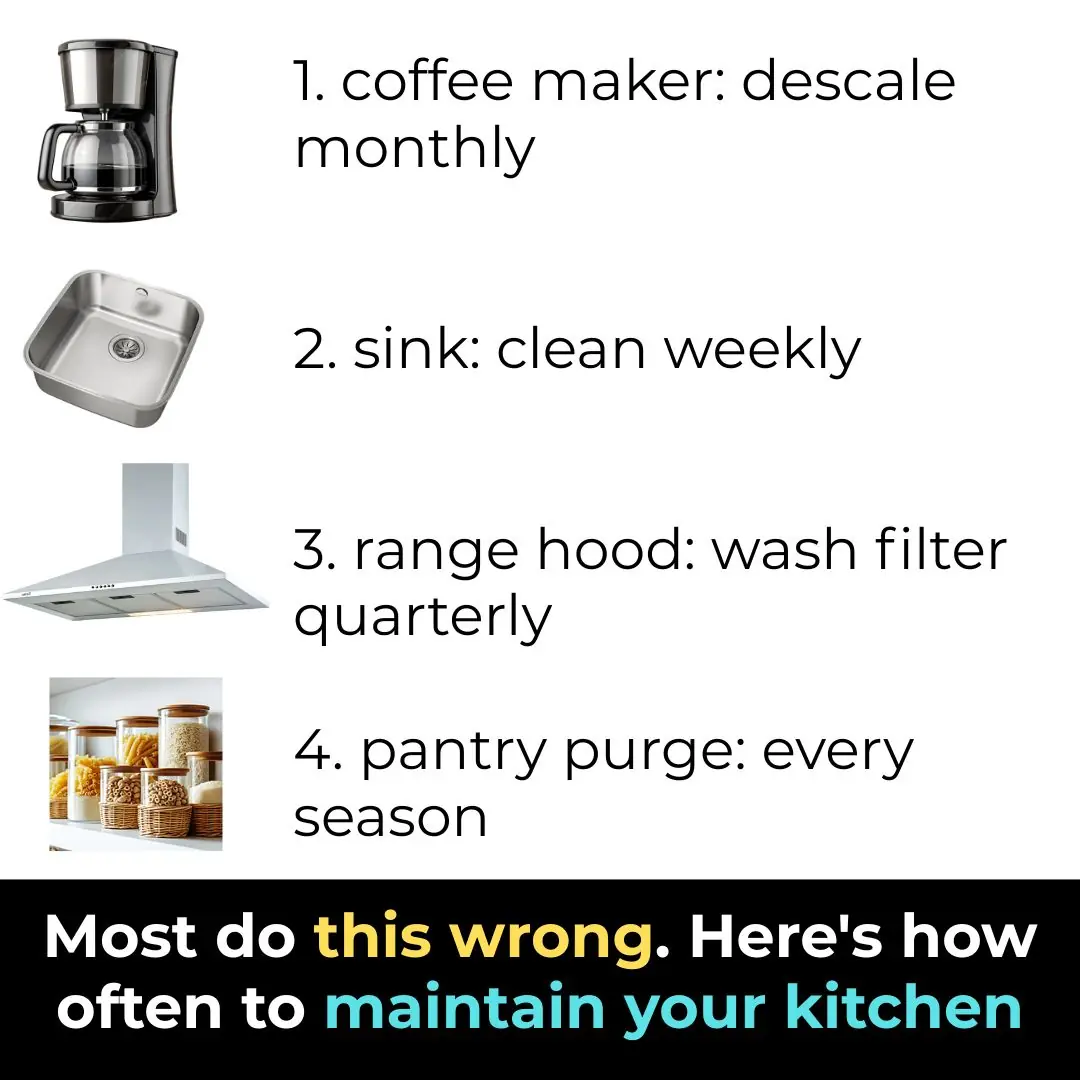
Most do this wrong. Here’s how often to maintain your kitchen

Most do this wrong. 10 dairy items you’re storing incorrectly
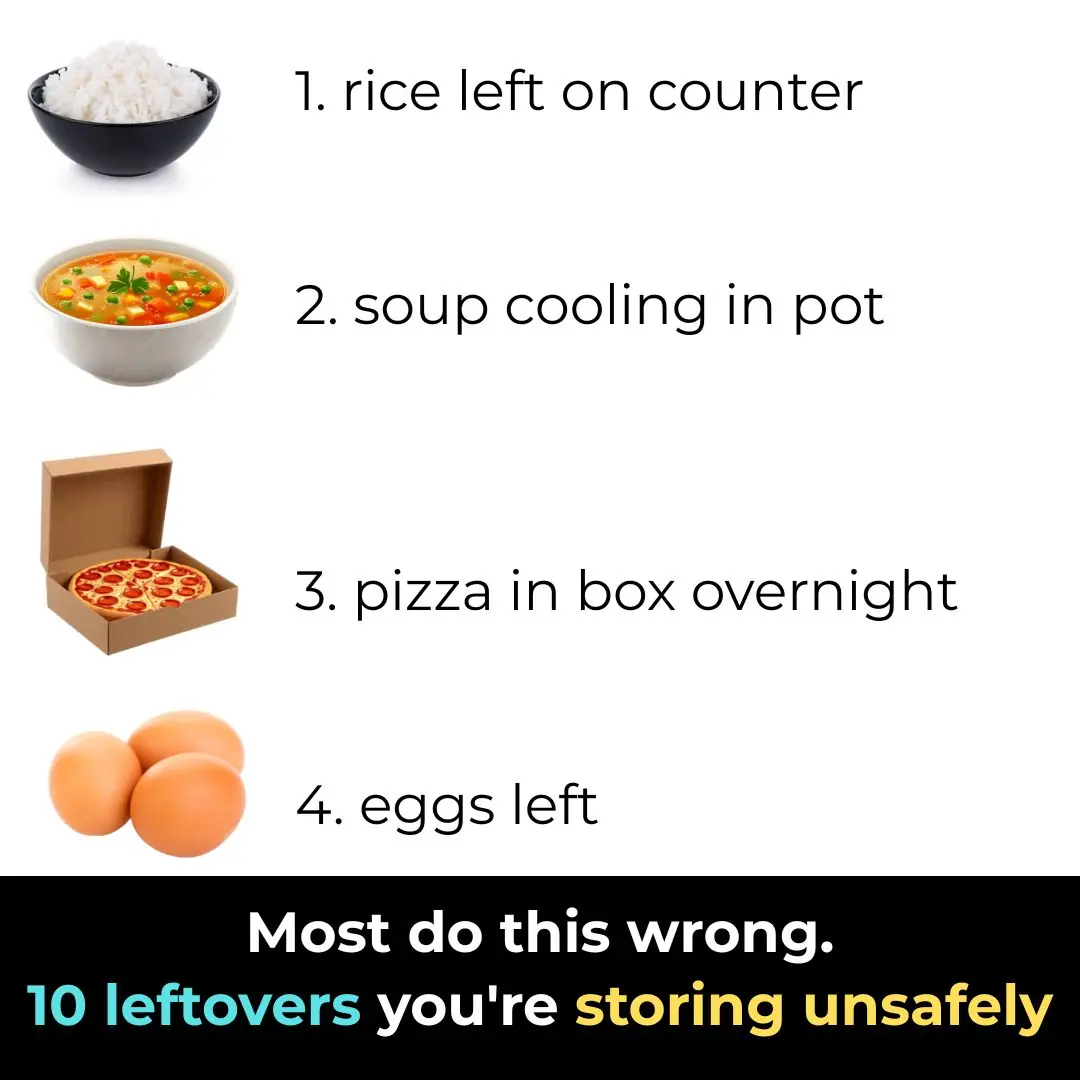
Most do this wrong. 10 leftovers you’re storing unsafely
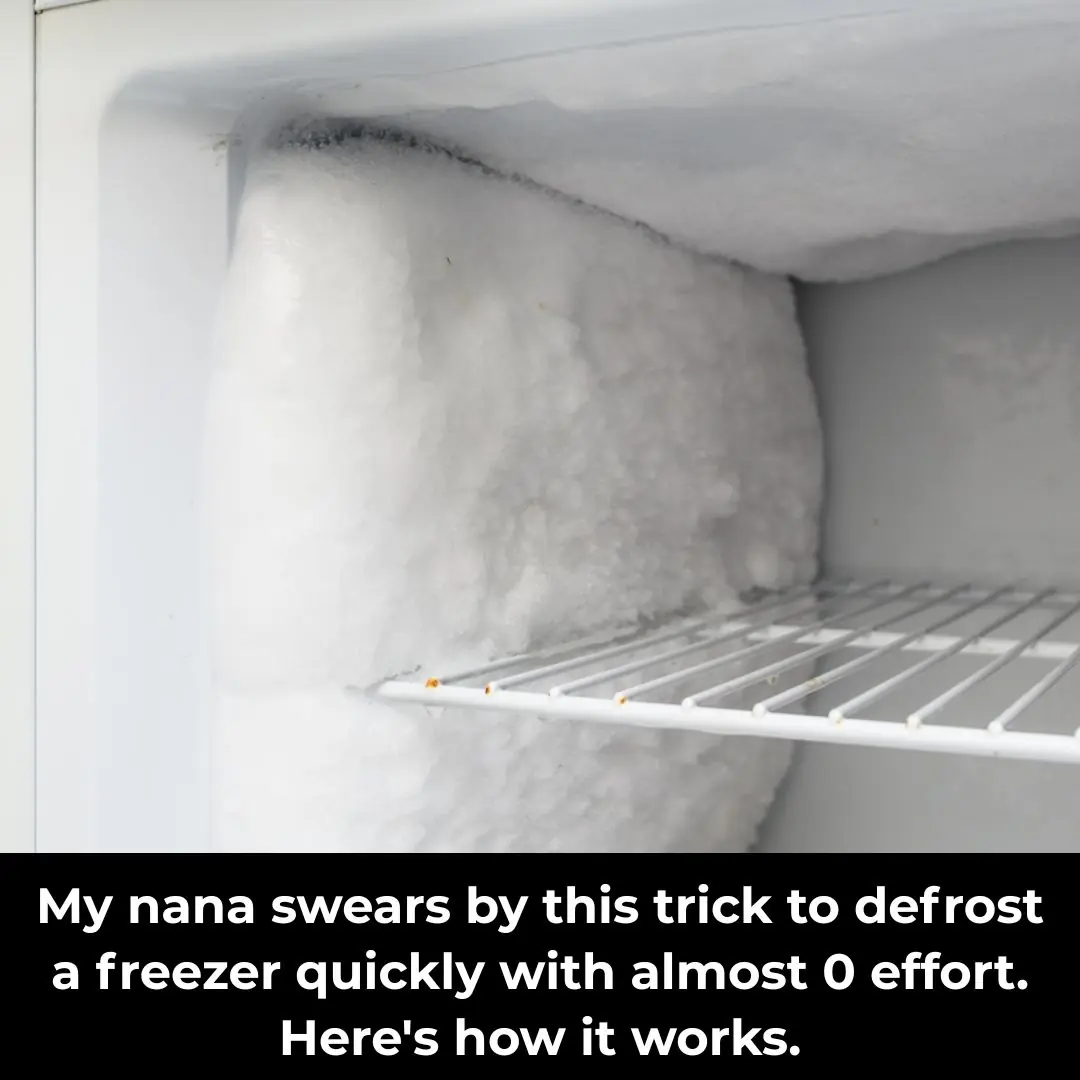
Good to know!

8 reasons why adding vinegar to your toilet tank is a must-do trick
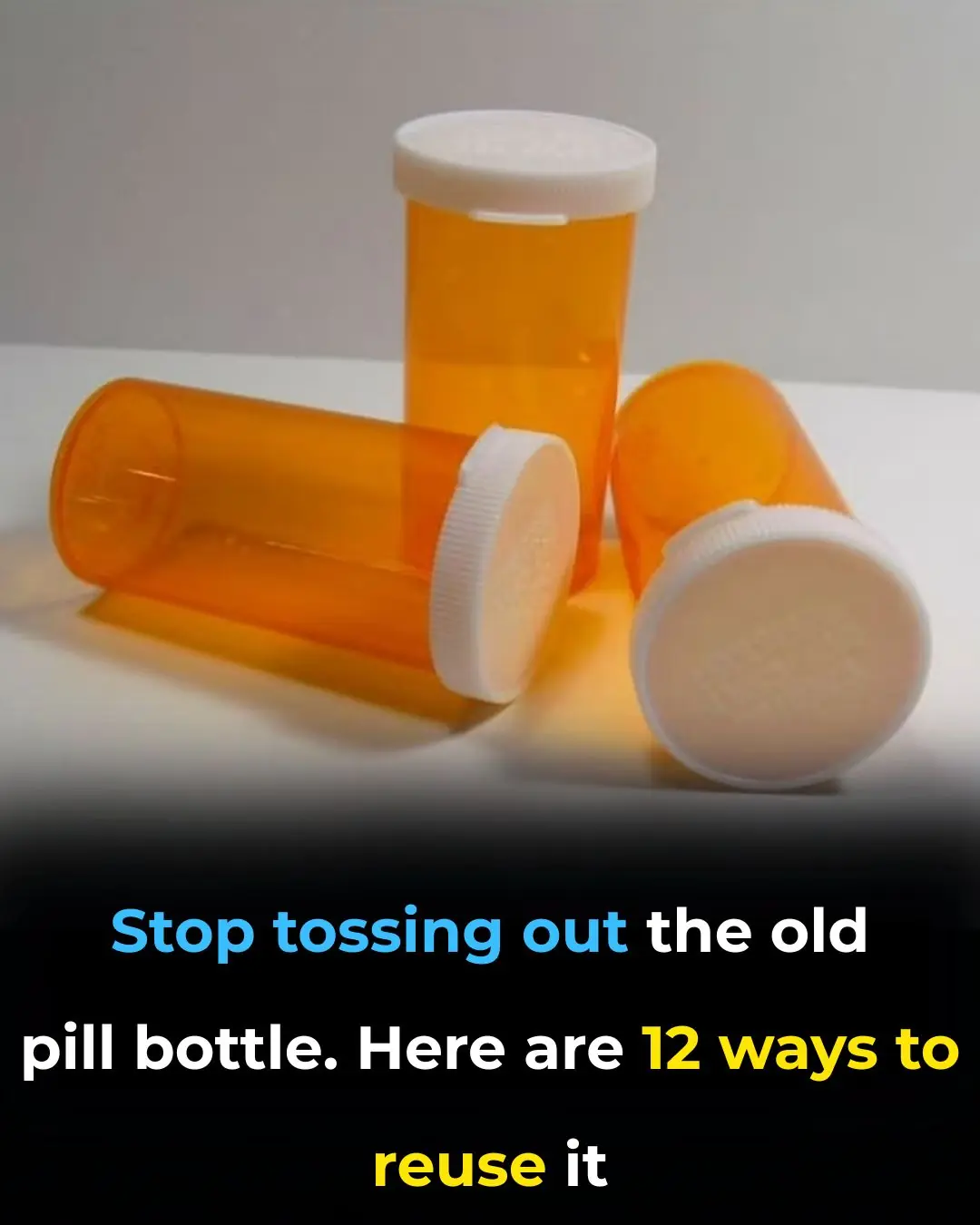
Stop tossing out the old pill bottle. Here are 12 ways to reuse it
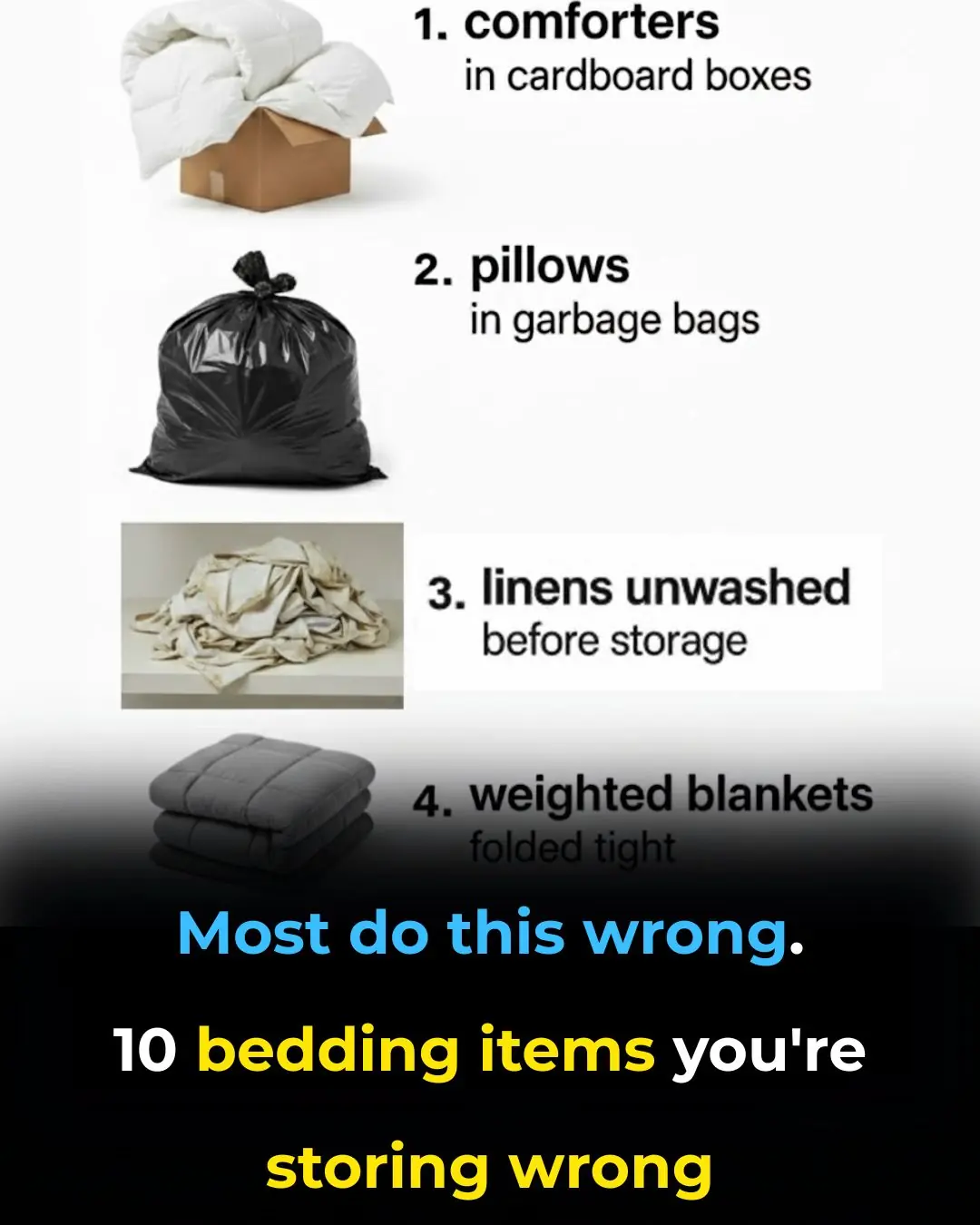
Most do this wrong. 10 bedding items you’re storing wrong

Put a bowl of vinegar in the refrigerator, immediately solve the problem that every family encounters.

4 Simple Steps to Clean the Washing Machine Without Removing the Drum, You Can Do It Yourself Without Calling a Technician

Tips for pickling golden melons that are crispy, sour quickly, and don't smell bad
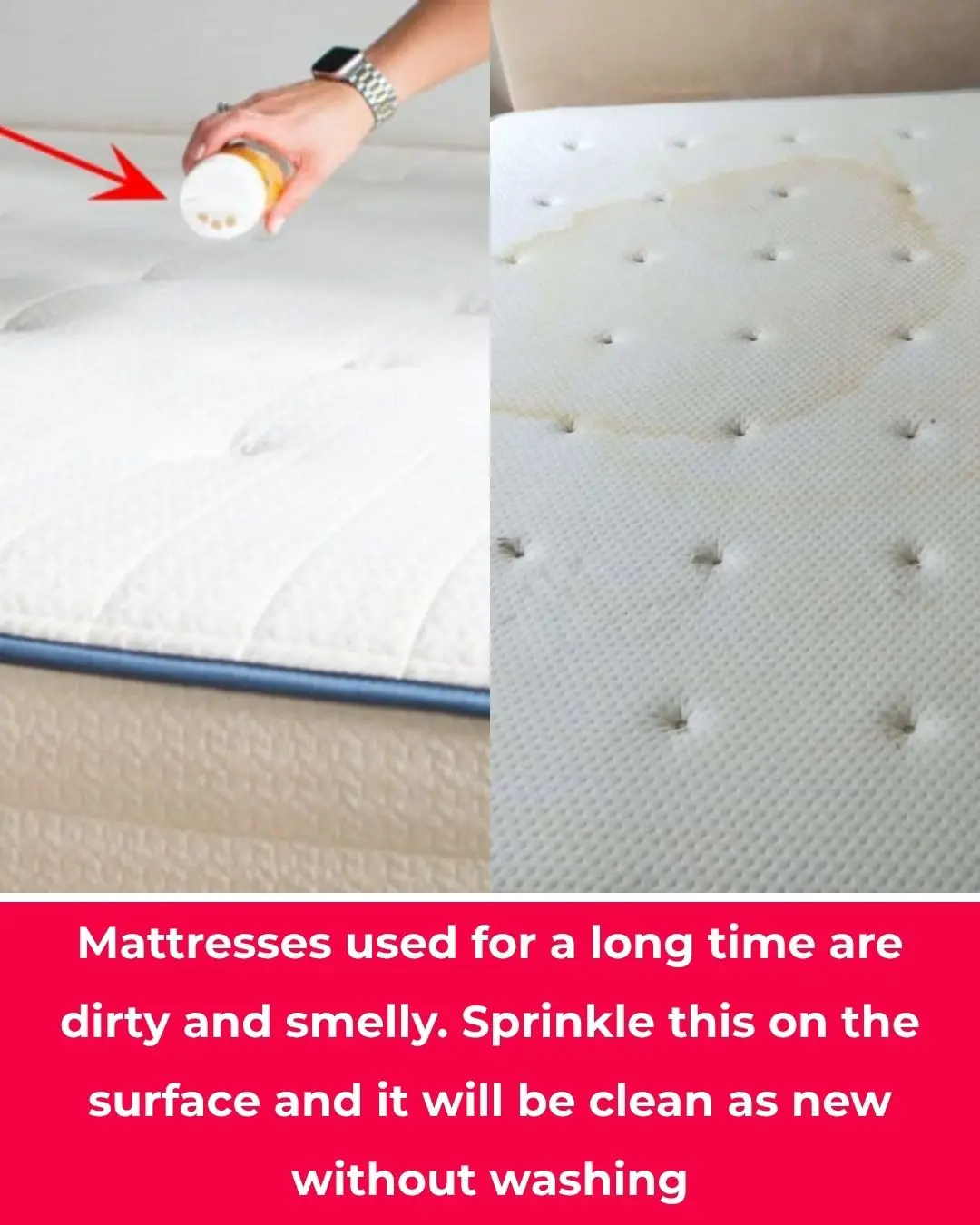
Mattresses used for a long time are dirty and smelly. Sprinkle this on the surface and it will be clean as new without washing
News Post

The White House Communications Office is saying our story is not true. We stand by our story. Our story is accurate.

D4vd's Friends Thought He Was Celeste Rivas' Boyfriend, Thought She Was 19

Netflix's Being Eddie release date and what to expect from the Eddie Murphy special

Man Builds “Museum Of Love” To Honor Late Wife’s Memory

MAFS UK's Julia-Ruth issues statement after 'three husbands' bombshell

Strictly star Harry Aikines-Aryeetey addresses ‘heartbreaking’ elimination: ‘It’s nice to go out on a party’
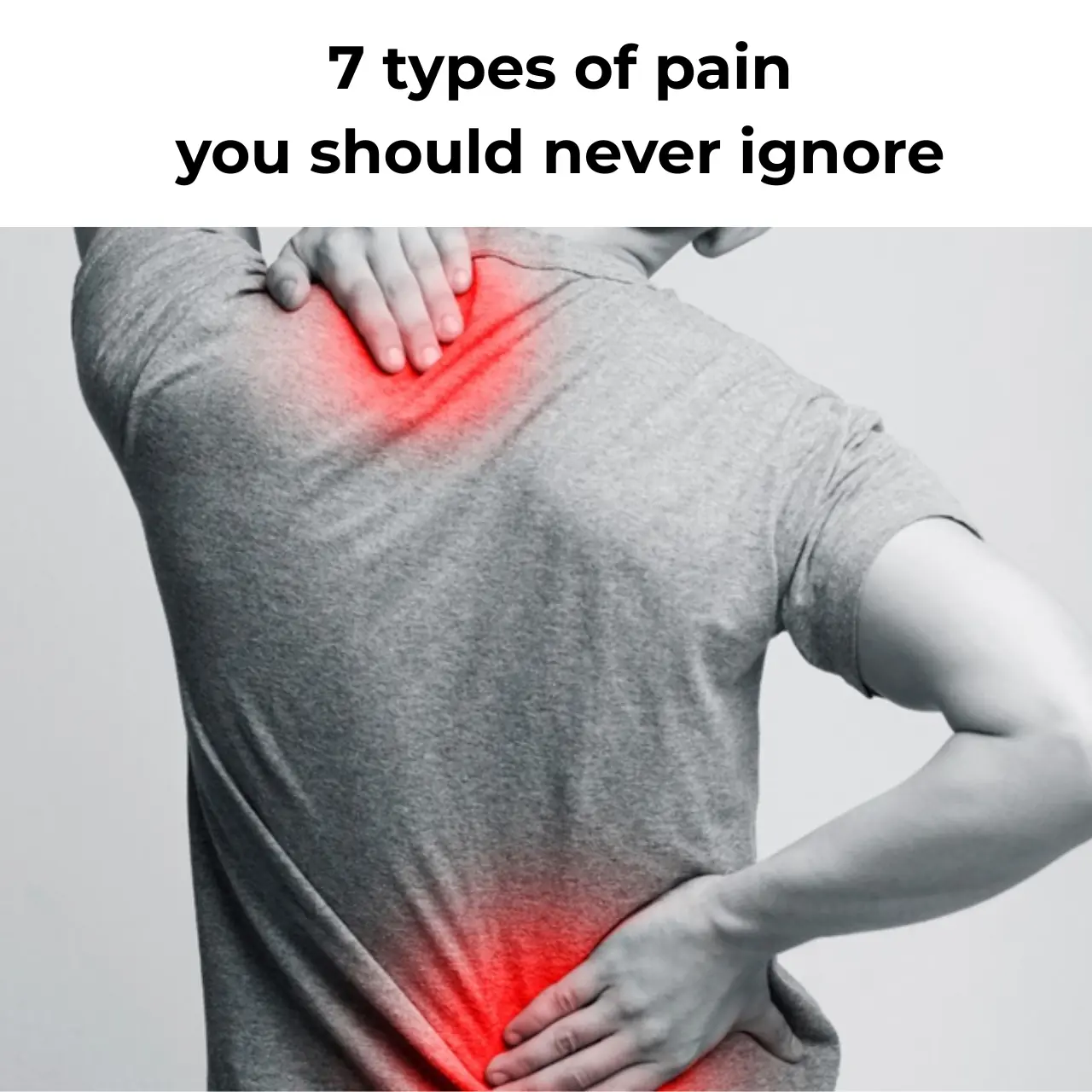
Seven Types of Pain You should Never Ignore
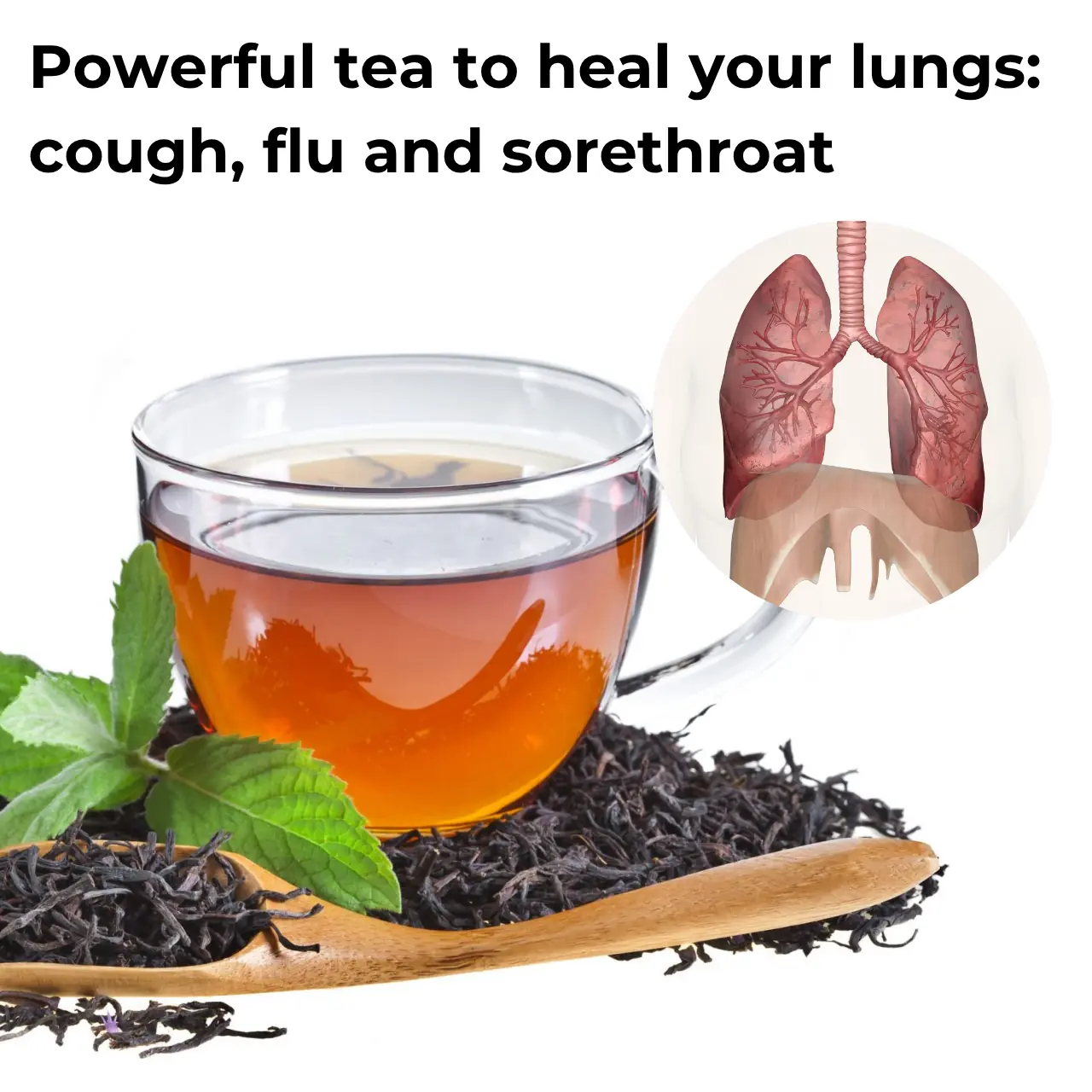
Proven Health Benefits and Uses of Thyme and Thyme Tea

Stop throwing out old plastic food containers

6 things that mice are very afraid of

9 cancer warning signs your body is sending you (don’t ignore these!)
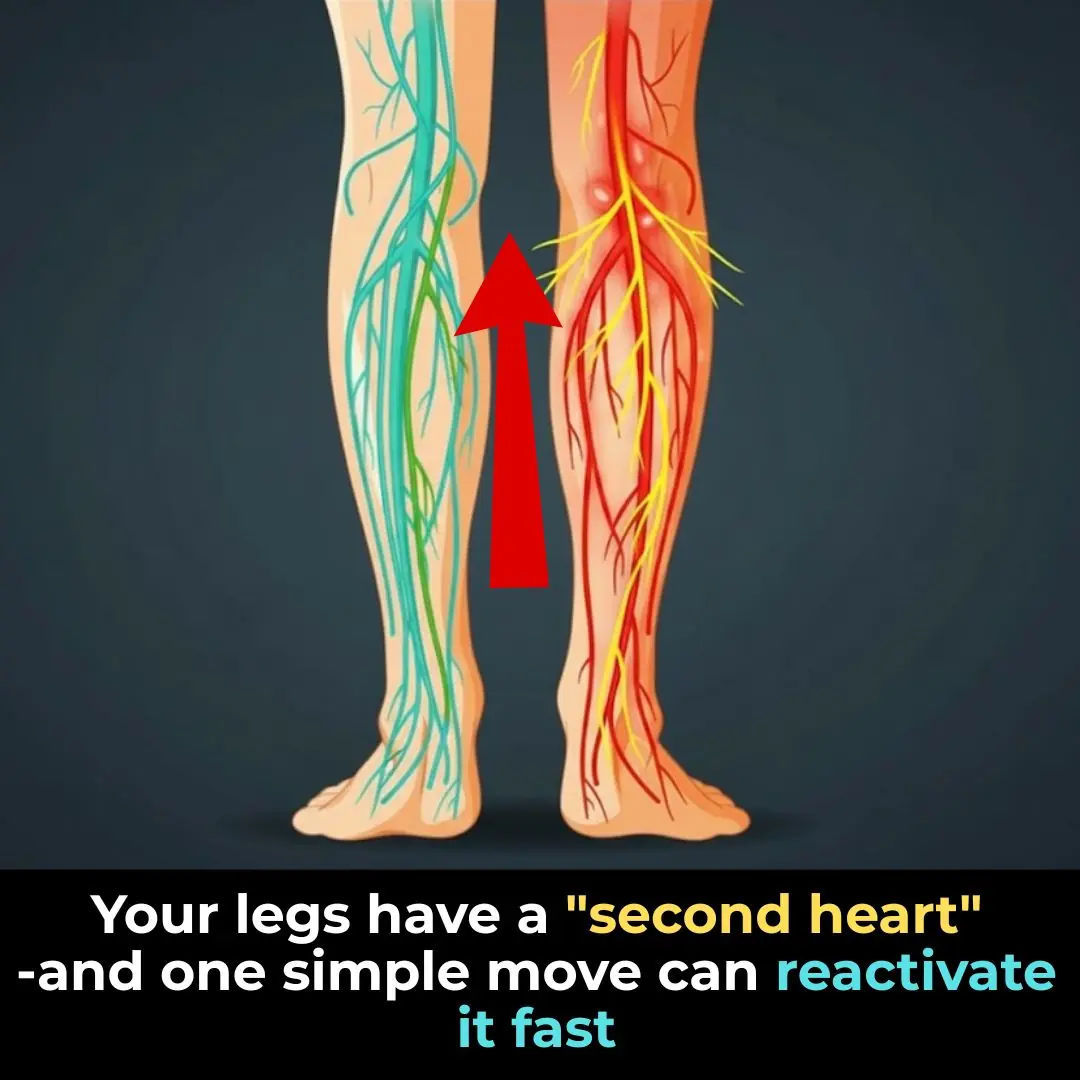
Your legs have a “second heart” — and one simple move can reactivate it fast
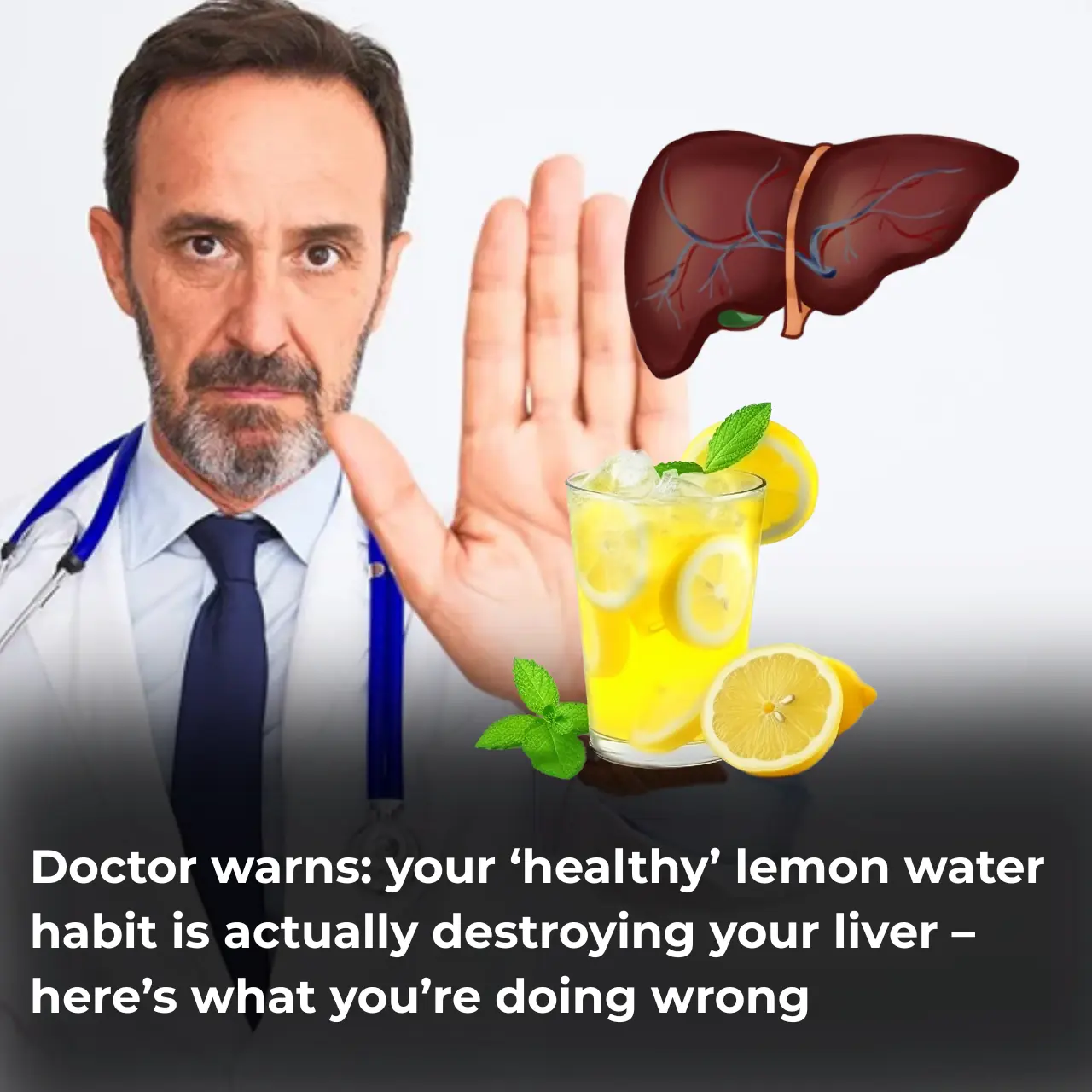
Doctor warns: your ‘healthy’ lemon water habit is actually destroying your liver – here’s what you’re doing wrong

Why You Shouldn’t Rush to Fold the Bed When Checking Out of a Hotel

You are doing it all wrong. Here's the right way to boost your immunity naturally

Wow, I never knew this!
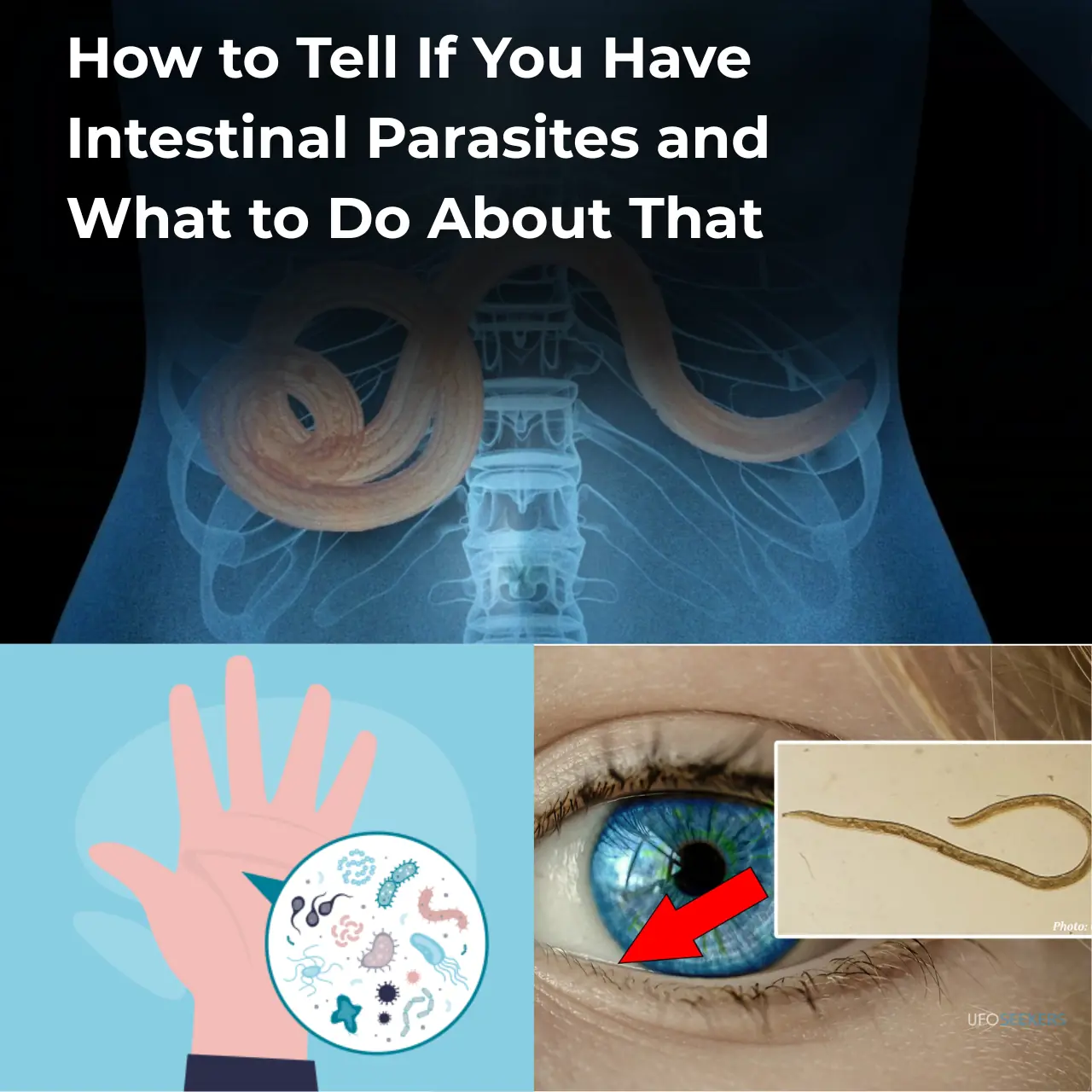
How to Tell If You Have Intestinal Parasites and What to Do About That

Morehouse Students Appear in ‘Vogue’ To Reflect On Legacy of Style in Honor of MLK Day
